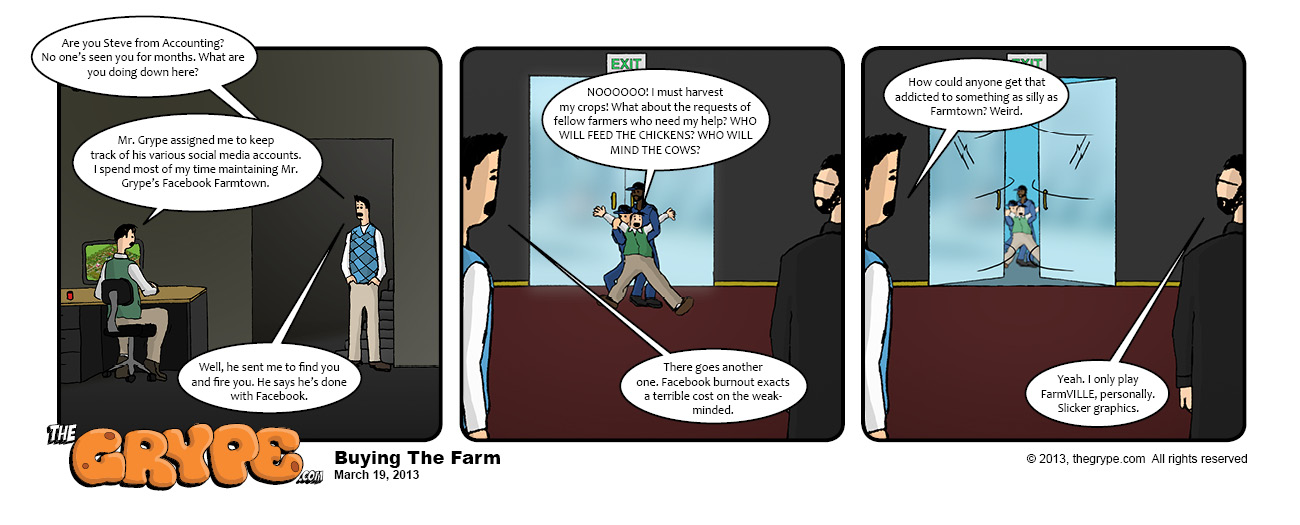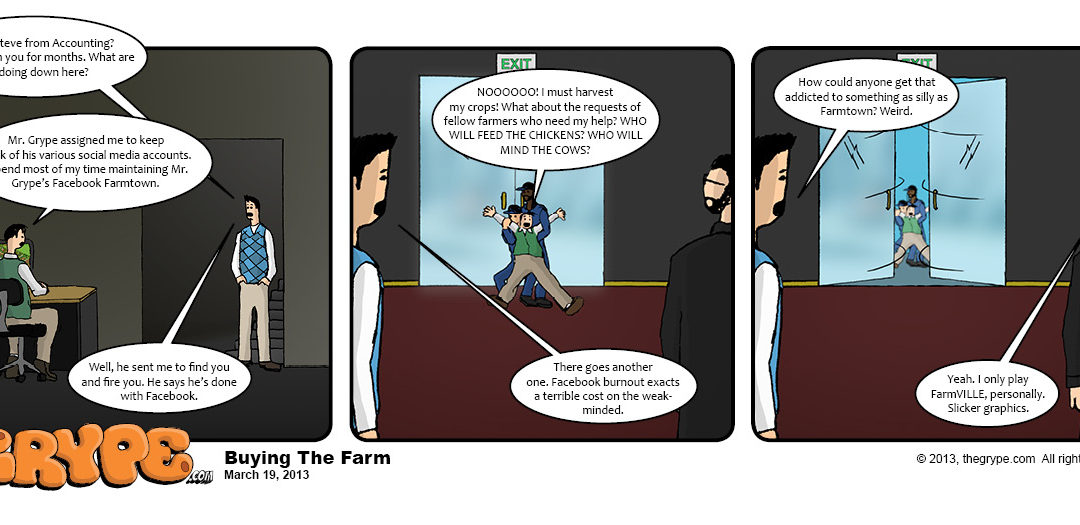 What’s the worst abuse of Patent Law? Monsanto’s attempt to patent seeds and classify their offspring as “illegal copies”?
What’s the worst abuse of Patent Law? Monsanto’s attempt to patent seeds and classify their offspring as “illegal copies”?
Nope. Most people are familiar with “ambulance chasers”— legal firms that recruit injured parties to take legal action in pursuit of high dollar monetary awards from the courts (most of which gets pocketed by the lawyers, NOT the plaintiff, as was the sad reality in the famous Hollywood-adapted Erin Brockovich case— SHE really did get a 2 million dollar payout when her firm scored the win, but the people she represented got peanuts. Seriously. Look it up.)
In the same (vampirically parasitical) vein are “Patent Trolls.” Patent Trolls buy patents from the original inventor/patent registrar, then exploit them to make money suing people. They don’t “produce” anything; they let someone ELSE produce (and earn money from) a product which contains some element similar to a patent owned by the troll, then they game the legal system to mine that money source at the expense of the producing company or entrepreneurial creator. They “make” nothing except predatory lawsuits.
Even the largest, most powerful companies have come under attack by the parasitic depredations of Patent Trolls. Such titans as Microsoft, BlackBerry, Oracle, and Fark.com have been unexpectedly (and unethically) targeted by patent infringement lawsuits that were filed by parties who owned valuable patents, but were otherwise not active businesses unto themselves… they were lawsuit miners.
Such pernicious lawsuits have infiltrated every sector of the economy, costing huge monetary sums and the termination of countless jobs. A 2012 study found that such lawsuits cost U.S. companies as much as $29 billion in legal expenses in 2011 alone. Nor are all of these cases confined to high-tech companies and products: in one especially nasty case, a number of regular mid-level companies were sued merely for using common store-bought office scanners. In another example, a prominent European company has been suing public transit agencies throughout the U.S. for supposed “patent infringement” for years.
Congress recently introduced a bill—The SHIELD Act of 2013— that would institute a “loser pays” rule in certain patent lawsuits. The rule would require any unsuccessful plaintiff in such a case to pay ALL the legal fees of the case, unusual in U.S. civil litigation. That bill has bipartisan support and association backing, and could act as a severe deterrent against companies that file patent lawsuits but make no products themselves. It would specifically apply to patent infringement plaintiffs who 1) did not invent the products protected by the patents, 2) aren’t actively using the patents in a manufacturing capacity, and 3) aren’t classified as universities.
The law does have a potential loophole: companies with familial or organizational connections to the original inventor might be exempted from the full repercussions of the law.
Associations and tech companies alike applaud the bill, though some say it doesn’t go far enough. Small companies can’t afford to pay lawyers through the course of a lengthy litigation, so they might need more, perhaps quicker and cheaper programs for challenging trolls’ patents in the Patent and Trademark Office (PTO) (as an alternative to litigation). But it’s a start: hopefully this bill will make it into law.
It isn’t often we at The Grype champion the rights of companies and corporations NOT to be sued. But fair is fair, no matter WHO the wronged party happens to be.

